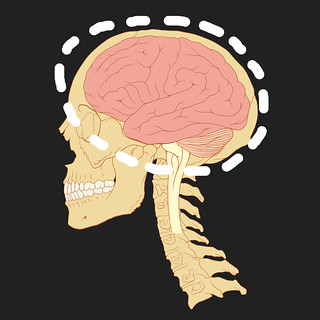
RefinED Friends,
If you have not yet had the opportunity to read Simon Sinek's newest book,
Leaders Eat Last, give yourself a treat and do so. While I have found countless references supporting social emotional learning within this book's pages, one of the most powerful applications I have discovered is Sinek's clear review of brain science and how it can relate to the biggest pro-hazing excuse out there--"Hazing builds brotherhood/sisterhood."
Our brain releases countless neurochemicals based on our experiences. When we are in a state of anxiety or fear, our body releases cortisol. Cortisol, in small doses, is natural and even necessary, but that is because our bodies and brains are built for sustaining that rush of cortisol and then alleviating the anxiety or fear by calming down. When too much cortisol builds up in our bodies, countless detrimental results can occur, from depression to sleeplessness to fatigue to chronic pain. Most importantly, when our brain is flooded with too much cortisol, it prevents us from empathizing with others and blocks the neurochemical oxytocin.
Oxytocin, on the other hand, is released in our brains when we have experiences of connection. A gentle touch or a deep conversation can flood oxytocin into our systems, actually creating the feeling of "bonding" with other human beings. Oxytocin is the reason we feel love and connectedness with others. It is the reason we can empathize with others.
Place a young man or woman in a situation where there is a fear of or the actual presence of hazing behaviors, and you place that man or woman in a state of cortisol excess.
In this state, according to all we know about our brains, it is impossible for a new member to create a bond with an initiated member who is hazing him/her. If anything, the only bond that may be created is a new member to a new member who is experiencing the same mistreatment and ridicule and can offer a helping hand or a listening ear.
In this way, the excuse "hazing builds brotherhood" is misleading and false. All it takes is paying attention to our brains.
~Scott
Image credit:
jetheriot/flickr


